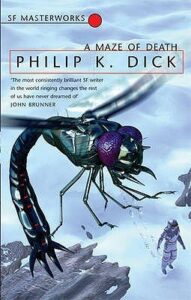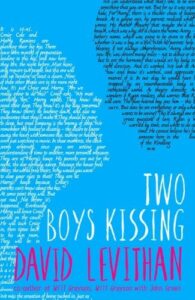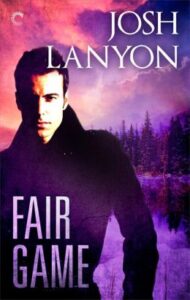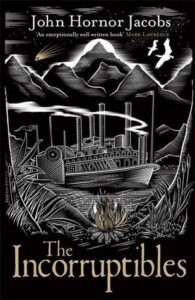 The Wolf in the Attic, Paul Kearney
The Wolf in the Attic, Paul Kearney
Received to review via Netgalley
The Wolf in the Attic is a bit of an odd one. I have quite a few reservations about it: firstly, I’m not sure about the narrative voice. It took ages for me to pin down how old Anna was supposed to be, based on the words and phrases she used, and the general tone. I know she’s actually a refugee whose first language was Greek, but instead she comes across as slangy (saying things like “what rot!”). I also wasn’t sure about the inclusion of Tolkien and C.S. Lewis — it’s a cute cameo in one way, but it also gives one of Tolkien’s original ideas to a fictional character, and the inclusion of the two shook my suspension of disbelief. Especially when Kearney manipulated real events to fit his story better, re: the date of C.S. Lewis’ conversion to Christianity. They really aren’t necessary to the plot at all, and not really to the themes.
More worryingly, though, I didn’t really buy in to the relationship between Anna and Luca. That is, there’s nothing wrong with it as a concept, but in execution I didn’t see why they were drawn together. It just needed a little more flesh on the bones, and it probably would have worked.
I’m also not 100% sure about the stuff about the Romani people. I know that the skinchangers/witches say that they’re not Romani, but have dealings with them, but it’s a slim difference and at other times the book doesn’t seem to make a distinction. The stuff about King Arthur and the Roadmen felt a little confused, and I thought it needed a little more explanation — just a little. I’m not sure I agree with another reviewer who felt it came across as racist, because Luca is a good person and there are definite shades of grey, but it is a bit borderline in some ways.
Nonetheless, it’s an interesting read, and Kearney’s style is certainly readable. The book is a little slow-paced, but that’s fine for me; it actually feels a little odd how quickly the second half is covered, given there’s a lot more going on. I enjoyed the process of reading the book; it’s just thinking about it too much that seems to spoil things.









